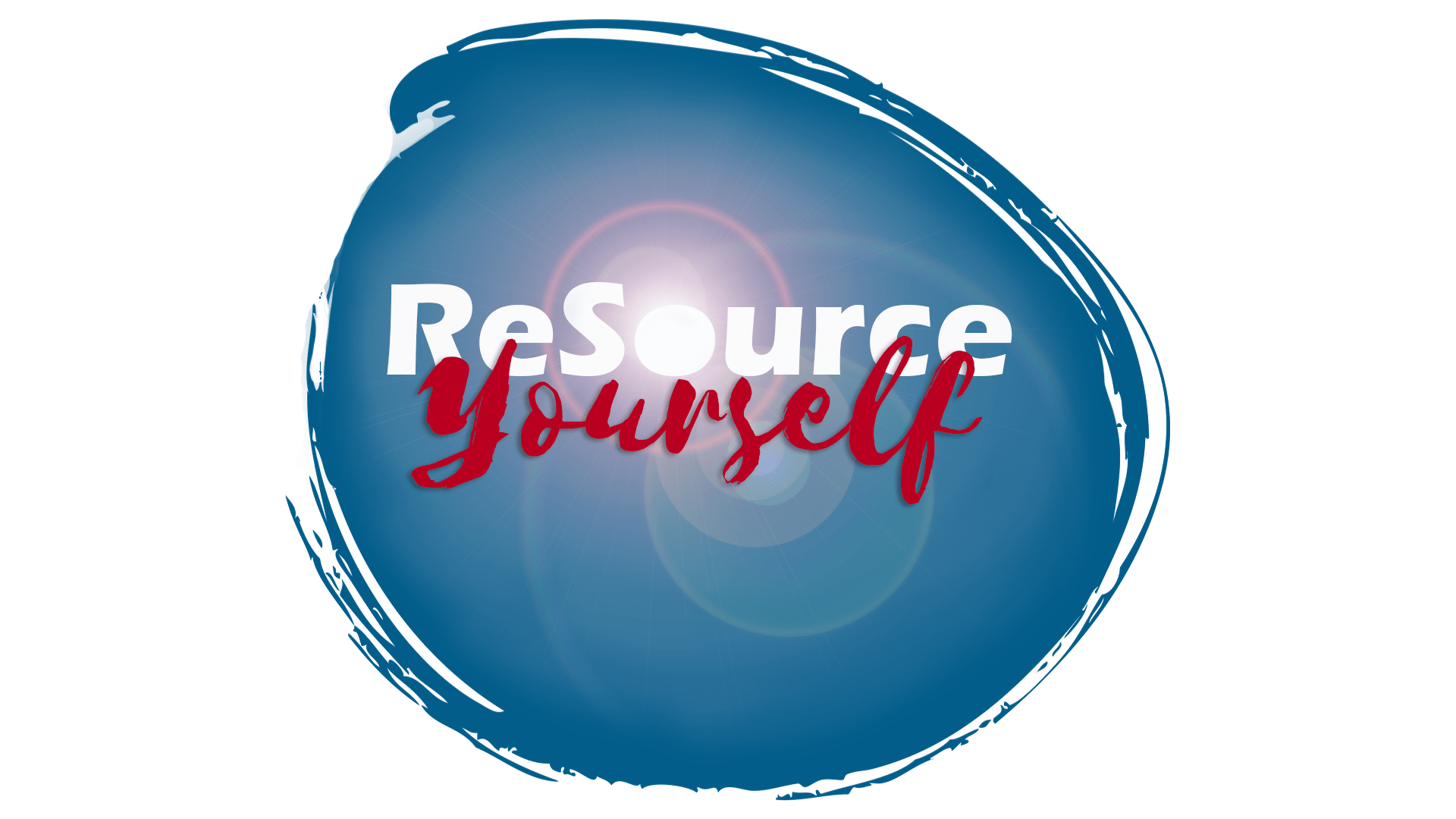Conflict as a wound
We all know this: A conflict with our neighbor, a friend, a client or provider, a situation that is very hard to bear and can leave a bitter taste even after a long time has passed. The conflict escalates, the person we deal with insults us, blames us for everything, attacks us or demands the impossible. At the end, even when things are dealt with and there is a more or less acceptable practical solution, we still feel bad and the conflict continues within or outside ourselves. We avoid the person or discuss a lot, or we have to be completely sensitive all the time in order to not have that problem come out again. Inside, we feel anger, bitterness, pain, injustice … and all these emotions persist more or less consciously. It can get to the point when even years after, whenever we remember that person, it is as if the conflict happened right now. It has caused an inner wound that can start aching again in any moment.
Let it go and make peace – Why is it so difficult?
When does anger expire? When does pain stop? When can we stop of blaming the other person once and again? When are we able to forgive, or at least, to let it go?
The conflict wound doesn’t heal by itself. They say that time heals everything, but that’s not true: Time only helps the processes that we are making. And if we are not healing our inner wounds, we close ourselves every time more towards the people that surround us, we are more and more careful. And on top of it, we keep ending up in the same kind of situations where we have to feel the same emotions over and over. Life is ironic. It doesn’t let us escape a lesson. If we don’t resolve our part of the conflict, life just brings us a new situation in which we can.
¿Why is it so hard to let go? We all know this: In a fight, we may feel that it doesn’t make any sense to keep discussing in this moment, but we go on and on, and the situation gets more and more out of hand. We cannot calm down and stop talking, we cannot even wait a day before we react to “set things right”. The same force that causes us to insist in that moment, lets us remember and relive the same story repeatedly in our minds, even when there is no acute conflict anymore. It is the ego- force. We cannot bear cannot that someone sees us in a negative way, we have to fight in order for the other person to recognize that we are a good person and that we are right. We simply can’t stand that somebody doesn’t like us. Nor for someone to perceive us negatively. WE defend our self-esteem in the real situation, and later on in our mind. So if we keep talking to our friends and family about this impossible person and what he or she has done to us, it is for getting their approval and support showing that we are worthy, and that we did well.
No reason to defend ourselves
We could look at this from a different perspective: I don’t influence what someone things about me. How my neighbor perceives me depends a lot on her own life experience, her beliefs, attitudes and way of being. What I do only has a very limited influence on how she perceives me. Ralph Waldo Emerson says it this way:
People only see what they are prepared to see.
So I can let her think what she wants, because it is not a judgement about me as a person. I can let her have her opinion and her negative emotions about me, because they are not my responsibility, not my reality, if I don’t choose them to be.
Or we could decide that my neighbor’s opinion is not worth more than my own. So she can attack me and consider me a bad person, but my own evaluation of myself has at least the same value and importance. Consequently, I don’t have to make her agree or convince her that she’s wrong. I simply select my own opinion. The is a quote by Eleanor Roosevelt that I like a lot:
Nobody can make you feel inferior without your consent..
Ending the conflict is healing our emotions
In oder to not get upset about a conflict enymore, we have to heal our emotions. This is mainly an issue of responsibility and intention. We have to accept the responsibility for our anger, for our impulse to fight back and blame the other person. This is, in the first place, a mental decision: “I am taking the responsibility for my hatred and my anger”… And as we think this, we can start to feel these emotions (or any other feeling that you may have). We can let go of the story and all the arguments that keep returning the guilt (and responsibility) to the other person. No, it is our choice to give so much power to these emotions. All we have to do to heal them is take responsibility and feel them, without resisting them. There are many methods for transforming emotions, but this is the simplest. If you try to feel them, you will find lots of resistance at first., but you can read how to handle it in this article.
And one thing is clear: The one who suffers most from these negative emotions and from not being able to let go of the conflict is yourself! So it’s worth to search for your way to let it go!
No more “loose vs. win”- mentality
The mental focus that best helps to get out of the conflict is letting go of the idea that there is a winner and a looser, and that we have to fight physically or mentally in order to win over the other person (being right, winning a resource, being superior…). At the end, what we want is to be at peace, feel good, feel loved and accepted. It is curious that we fight so much, we think constantly and we bear the imbearable in orther to get attention, love and appreciation. And even when we “get it”, many times whe don’t feel fulfilled. So why not do it the other way around: You can decide in any moment that you love yourself. And that’s why you can let go of the story of this conflict and about all the bad that has happened to you. You simply choose, that you deserve to be at peace, even after everything that has happened. You choose that you won’t have to prove anymore that you are valuable and worthy, and that you won’t have to convince anyone. Now is the moment to love yourself . And because you love yourself, you can let go of everything that makes you feel bad.
… I would love to read about your experiences, difficulties and successes with solving conflicts and getting over them. Below is the space for comments! 😉


